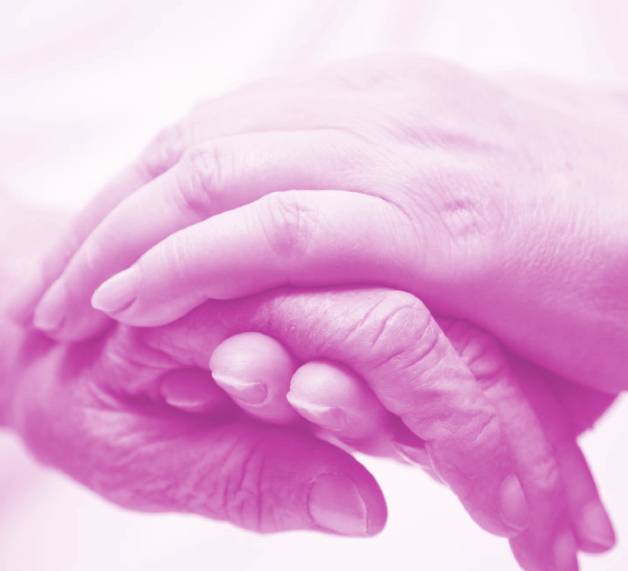Euthanasia laws take force
 Australia’s only voluntary assisted dying laws come into effect this week.
Australia’s only voluntary assisted dying laws come into effect this week.
On June 19, voluntary euthanasia will become legal for terminally ill Victorians - the first time such an option has been available in Australia for more than two decades.
The program requires patients to meet several strict conditions, including being over 18 years old and having an advanced disease that will likely cause their death within six months, or 12 months for neurodegenerative diseases.
Patients must communicate a decision about voluntary assisted dying through a formal request process, and be an Australian citizen or permanent resident who has lived in Victoria for at least a year.
The Victorian government estimates that each year, 100 to 150 people will choose to voluntarily end their lives with assistance.
“For the vast majority of patients we anticipate that they will continue to use palliative care for end of life choices,” Victorian health minister Jenny Mikakos said.
“But there will be a small number of people for whom their pain and their suffering is so intolerable that palliative care is not for them.
“So we are presenting more options for patients, and ultimately it will be a choice that they and they alone will make.”
Patients must request voluntary assisted dying on three separate occasions, including once in writing. Two doctors must agree that the person meets the legal requirements of the scheme.
There are a total of 68 safeguards including measures to ensure that a person is not under any external pressure. Still, some medical practitioners fear there will be wrongful deaths due to coercion.
“What we are concerned about is the subtle stuff,” former president of the Australian Medical Association in Victoria, Dr Stephen Parnis, told reporters.
“The very fact we have a law that now says some form of suicide is acceptable can lead to, I think, a message that some people are better off dead.”
Dr Parnis believes some may be pushed to voluntary assisted dying by the under-resourcing of palliative care.
“We refer [patients to palliative care] too late,” he said.
“We have patchy availability across Victoria, as well as around Australia.
“The people who are more likely to benefit from palliative care are those who are affluent, who know the system, who are well educated.
“If we have a better resourced, better understood palliative system that is delivered urgently, with authority and expertise, then people do have a real choice to avail themselves of that, or to take their lives via assisted suicide.”
A taskforce has been set up to prepare health services, hospitals and doctors for the laws.
Over 80 doctors have registered for involvement so far.
“We expect that number to continue to go up in the next few weeks,” the taskforce's Associate Professor Peter Hunter said.
“But in reality, many doctors have a real-time approach to training and as their patients request it they will be able to continue to register to do the training for assisted dying.”
Advocacy group Dying with Dignity Victoria says patients may struggle to find doctors initially.
“In an attempt to fix the situation at least for the time being, we are seeking doctors who will provide support,” the group’s president Hugh Sargeant said.
“If people find that they cannot find the service they want, they can contact us.”
The Government is also providing interpreters to help people with limited English access the program.
More information can be found here.
Anyone experiencing distress can contact Lifeline 24 hours a day online and on 13 11 14, as well as the Suicide Call Back Service on 1300 659 467, Beyond Blue and Kids Helpline (for people aged five to 25) on 1800 55 1800.







 Print
Print